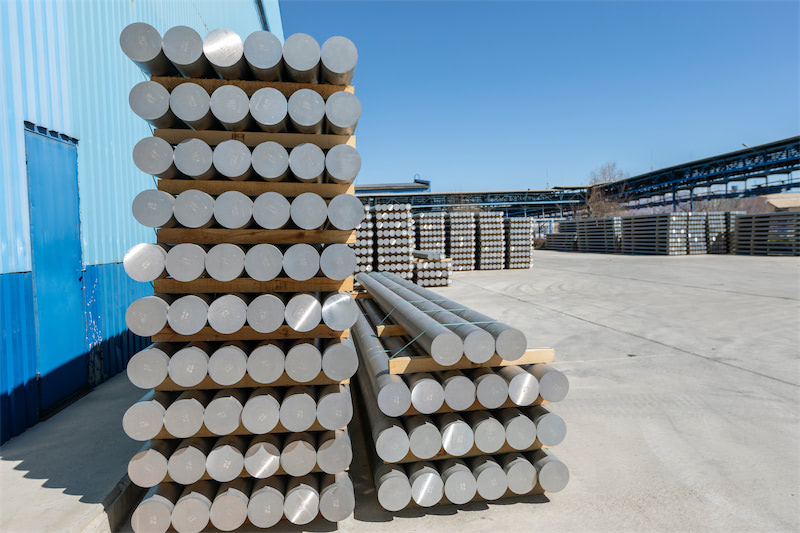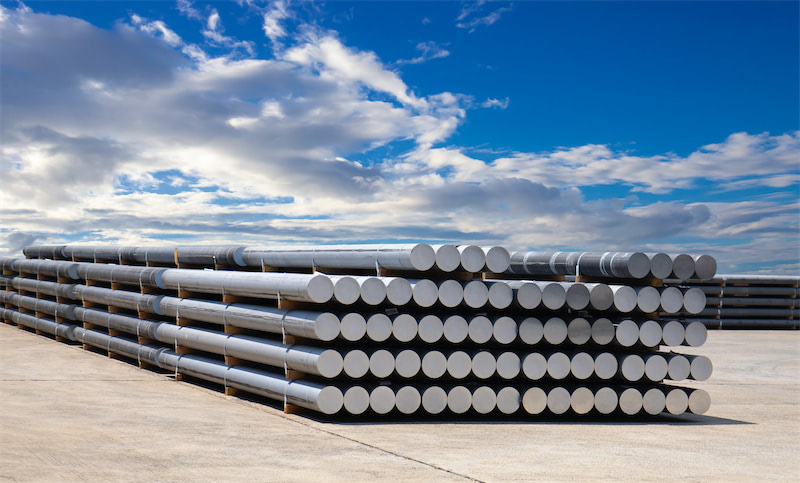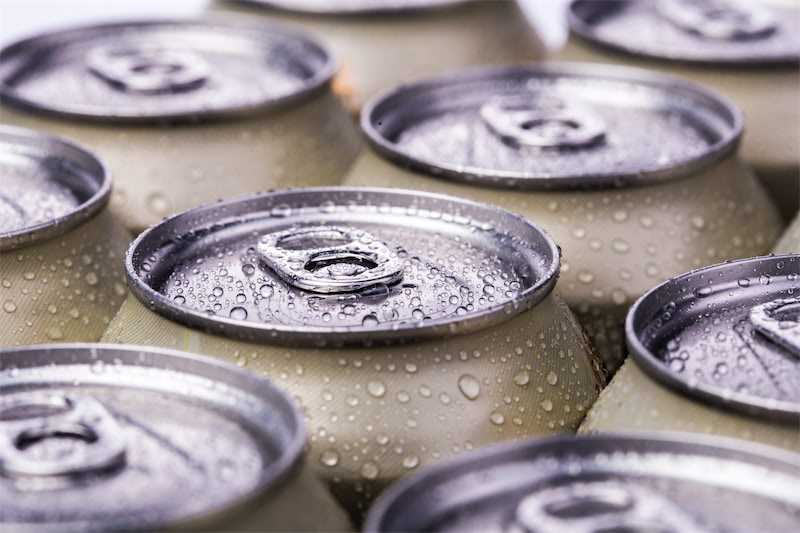SHANGHAI, May 27 (SMM) – Customs data showed that China imported 11.13 million mt of bauxite in April, down 4.9% MoM, but up 27.36% YoY. Imports from Australia were 3.12 million mt, up 5.87% month-on-month and down 6.07% year-on-year; imports from Guinea were 5.83 million mt, a drop of 5.73% month-on-month, but up 22.67% year-on-year; imports from Indonesia were 2.14 million mt, down 13.48% MoM, but up 105.16% YoY. China continued to import bauxite from Montenegro and Iran, and SMM will follow up the sustainability of imports from these two countries.
Imports from Australia showed seasonal decline at the beginning of the year, but picked up in Q2 with the recovery of mining activities. Imports from Australia were still primarily under long-term orders, and are expected to remain stable.
Indonesia once again mentioned the ban on bauxite exports, leading to a rush to import by Chinese buyers. According to the Indonesian Business Daily, Bahlil Lahadalia, Indonesian Minister of Investment and Director of the Investment Coordination Agency, proposed that the government will ban bauxite exports in the near future, explaining that the ban on mineral exports will encourage downstream industries to create the greatest added value for the country.
As the Indonesian government has repeatedly mentioned the ban on bauxite exports, SMM believes that it is only a matter of time before the policy is officially implemented. Since Indonesia proposed a ban on bauxite exports at the end of last year, Chinese alumina refineries who use Indonesian ore have begun to actively look for alternative ore from Guinea, Malaysia and other countries. It takes time and technology for Chinese alumina refineries to adapt to blending domestic bauxite with Australian or Guinean ore instead of Indonesian ore. In addition, it costs more and takes a longer time to ship bauxite from Australia or Guinea than from Indonesia. In April, China’s bauxite imports from Guinea once again exceeded the combined imports from Australia and Indonesia, and China's dependence on Guinean bauxite is deepening.
SMM believes that China’s bauxite imports from Guinea will maintain a high level in the future, mainly for the following reasons.
First of all, Chinese alumina refineries will continue to seek imports from Guinea amid concerns about export ban by Indonesia. With the smooth commissioning of the projects of State Power Investment Corporation and Zibo Rundi in Guinea in 2021, China has put seven bauxite projects in Guinea into operation, with a total production capacity of about 100 million mt per year. At the end of 2021, Emirates Global Aluminium and China Bosai Mining Group signed a three-year agreement on the supply of Guinean bauxite. In the first quarter of this year, Bosai Wanzhou, Hebei Wenfeng, Jingxi Tiangui and other new alumina projects that use imported ore entered the trial operation one after another, boosting the demand for Guinean bauxite.
Secondly, due to bauxite shortages in Shanxi, Henan and Guizhou, alumina refineries will continue to build bauxite reserves and favour high-temperature bauxite from Guinea.
In March 2022, the Guinean government suspended all activities at the Simandou iron ore mine, the world's largest undeveloped iron-rich mine, citing slow construction progress. Mining companies are facing growing pressure from the Guinean government to build alumina refineries in the country. It should not be ruled out that Guinea may impose certain restrictions on the export of bauxite in the future. At present, leading Chinese enterprises such as Chinalco and Weiqiao have maintained stable bauxite mining and transportation in Guinea, allowing domestic alumina refineries to increase their purchases of Guinean ore.
There are tremendous uncertainties over Indonesia's export policy as the country may cut off the export of bauxite at any time. Guinea has become China's largest source of imported bauxite, but imports from this country still face risks, given the unstable political regime. Australia's exports are relatively stable, but it is still necessary to closely watch the trade relationship between China and Australia.
In recent years, many countries have begun to focus on their own energy reserves and industrial development, especially non-renewable resources. In order to have access to stable ore resources, Chinese alumina refineries may need to build alumina refineries overseas.



